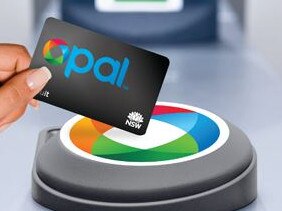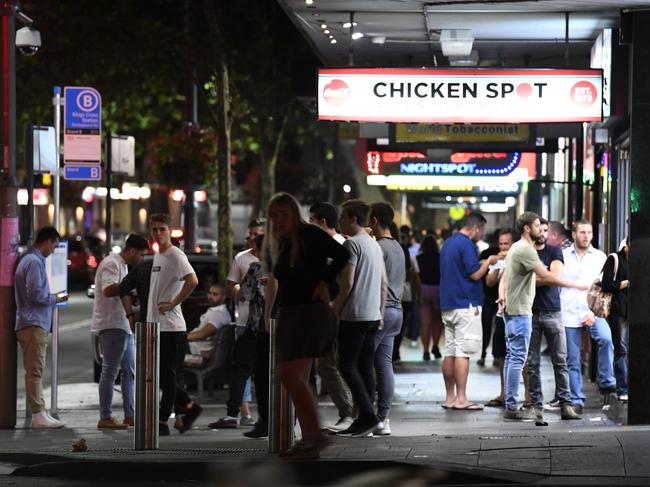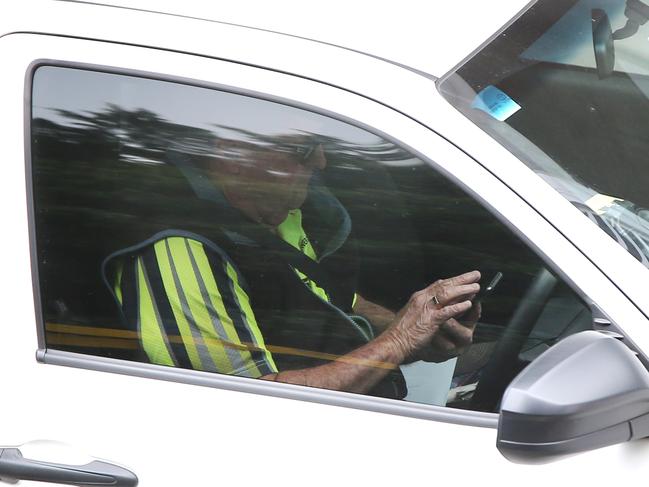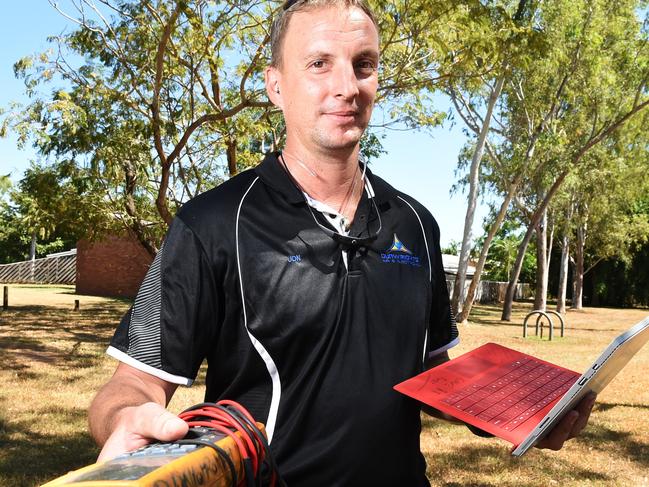New laws 2020: Opal card, liquor laws, mobile phones, private health insurance, e-invoicing
If you use public transport, own a mobile phone, have private health insurance, love a big night out, or are a contractor who wants to get paid quickly, 2020 has some changes you need to know about.

Central Coast
Don't miss out on the headlines from Central Coast. Followed categories will be added to My News.
Here’s how law changes for 2020 could affect you.
Opal card
Public transport users should brace themselves for a blow to the hip pocket with opal card fares likely to rise by an average five per cent each year from 2020 to 2024.
Under draft proposals still being considered by the NSW independent Pricing and Regulatory Tribunal, a raft of new rules around the opal system is on the way, including discounts for more passengers.
Currently there are discounts for the highest public transport users, including 50 per cent off after eight trips in a week, and a $50 weekly cap. Under the proposals, new passes should be introduced for passengers travelling 3-4 days a week that are discounted compared to the single fare.

There could also be more off-peak fares such as off-peak fares for bus and light rail designed to improve the efficiency of the system by encouraging some passengers to travel outside the peak.
More integrated fares are also proposed with travel passes introduced so that passengers pay the same regardless if they travel on train, bus or light rail.
Lower fare options could be available for healthcare card holders to reduce barriers to participation in the community.
The draft proposals were released by the tribunal on December 12 with travellers still able to make a submission on the plans until January 31.
A public hearing will follow on February 11 after which the report will go to the Minister for Transport for final determination.
Digital version
2020 will also be the year the NSW Government trials allowing commuters to add their opal card to their smartphone’s digital wallets. The digital card which will give commuters the same fares and benefits as physical adult Opal cards, though the system won’t yet cater for concession holders.
The digital card will allow commuters to pay for all modes of public transport, as well as taxis and Uber.
The trial will run for one year, and will be made more broadly available if it proves successful.
Liquor laws
Sydney’s party animals will be rejoicing come January 14 when the NSW Government scraps the lockout laws in Sydney CBD.
Last drinks will be enforced at all venues at 3:30am, but night owls and revellers will be able to enter venues after the 1:30am lockout.
Post-midnight drink limits on certain drinks will also be a thing of the past with venues able to serve neat spirits, custom cocktails, stronger ready to drink beverages and shots.
But before you plan on creating your own late night version of the six o’clock swill, no more than four alcoholic drinks or one bottle of wine can be sold or supplied to a patron at any one time.

Kings Cross will still have the lock out restrictions in place – so, no getting in after 1.30am and last drinks at 3am. You will still need to have your ID scanned from 10pm until lockout on Friday and Saturday nights.
And if you’d rather enjoy your drinks at home, the liquor reforms mean bottle shops across NSW will also be able to close at midnight from Monday to Saturday, and 11pm on Sunday.
For the hip and happening crowd the new rules will allow small bars, boutique breweries and small distilleries to have a larger number of patrons on the premises – from 100 to 120
Distracted drivers
The new year will bring an end to the amnesty period for people caught using a mobile phone while driving.
The mobile phone detection camera program enforcing illegal mobile phone use by drivers began on December 1 but will end at the start of March.
It includes fixed and transportable cameras that detect phone use. The high-definition cameras use artificial intelligence to spot drivers, regardless of the weather or time of day. While the portable versions will be mounted on trailers and operate across the state.

Up until March rule breakers will get a warning letters but from then on hefty penalties apply.
The penalty for offending drivers is five demerit points and a $344 fine – and even more if caught in a school zone ($457). The penalty increases to 10 demerit points during double demerit periods.
On the plus side, it is legal to use your phone to pay for parking or drive through meals.
Price hike
With thousands of people already struggling with the high cost of private health insurance few will welcome the 2.92 per cent average price increase which will apply from April 1 2020.
The Federal Government approved price rises in December arguing that the 2.92 per cent would be the lowest average premium increase in 19 years.
Last year’s premium increase was 3.25 per cent, significantly lower than the recent trend. Next year’s premium increase is lower than the 3.8 per cent inflation rate for medical and hospital services this year, but still above CPI.

Meanwhile, time is running out for Australia’s private health insurance companies to get on board with the Federal government’s gold silver bronze or basic health cover reforms.
The far reaching changes to private health insurance came into effect from April 2019 forcing hospital insurance products to be categorised as gold, silver, bronze or basic – and standardising the services and treatments covered by each level.
Companies have until April this year to convert to the system that is supposed to make choosing the right cover far more simple.
E-invoicing
This year brings good news for contractors eager to get paid promptly by the commonwealth Government.
From 1 January this year Commonwealth Government agencies will start paying e-Invoices within five days, and if they fail to do so, they’ll pay interest on any late payments.
The five day e-Invoicing payment policy will apply to contracts valued up to $1 million, where a supplier and a Commonwealth agency both use the internationally established framework for delivering and receiving invoices in an electronic form.

The e-Invoicing system should improve business cash flow by making faster payments and deliver benefits and efficiencies to suppliers and the Government by reducing transaction costs and handling errors.
The Government has already passed legislation through the federal parliament to implement the internationally-recognised framework for e-Invoicing which allows buyers and suppliers to transact even if they have different software.
It’s not such good news for businesses not using the e-Invoicing – they will still face a maximum 20 day payment term.
